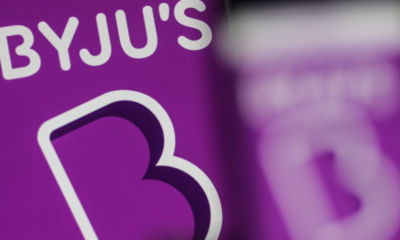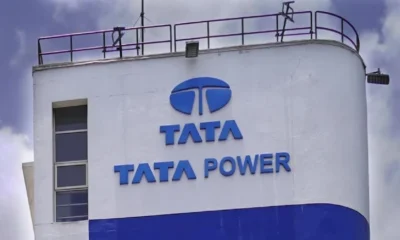On July 16, the National Company Law Tribunal (NCLT) placed Think and Learn Pvt Ltd, the parent company of Byju’s, into insolvency. This action followed a plea by the Board of Control for Cricket in India (BCCI) due to the company’s failure to pay sponsorship dues amounting to ₹158 crore.
What Happened to Byju’s?
Byju’s, once valued at $22 billion, faced a financial crisis as the demand for online education surged during the COVID-19 pandemic and then waned. The company accumulated significant debt, leading to its current financial predicament.
Current Status:
The NCLT has initiated insolvency proceedings. Pankaj Srivastava has been appointed as the interim resolution professional.
The entire management team, led by founder Byju Raveendran, has been legally suspended. The creditors’ committee will manage the company for 330 days to find a buyer. If unsuccessful, the company will be liquidated.
Around 160-200 former employees of Byju’s have reported to the Karnataka labor commissioner that their full settlements, totaling ₹4.5 crores, have not been made.
Recovery of Employee Dues:
- Priority of Payments: Under section 53(1) of the Insolvency and Bankruptcy Code (IBC), 2016, employee dues for the 24 months preceding the liquidation process are the second priority for settlement right after the resolution professionals. Dues from the previous 12 months are the third priority.
- Likelihood of Recovery: Employees will likely recover their dues before creditors are paid.
Tax Dues
Current and former workers have alleged that the company has not paid their TDS since July of the previous year.
According to the IBC, tax dues are the fifth priority. The suspended management is liable for unpaid taxes, but the government can also claim these from the resolution professional.
Future of Current Employees:
The committee of creditors has the authority to retain or terminate employees over the next 330 days.
Employees might be retained to continue operations if the company continues to generate revenue, unlike the case with the grounded airline Go First. It which retained 2,278 employees who were not reporting to work due to a lack of salary payments.
Byju’s situation differs from Go First’s as it still generates revenue, which makes it more likely to retain employees.
Byju’s, once a leader in the edtech sector, now faces significant challenges as it navigates the insolvency process. The outcome will rely on the actions of the creditors’ committee and the ability to find a buyer within the stipulated timeframe.
Get all the latest news on Indian daily post






































